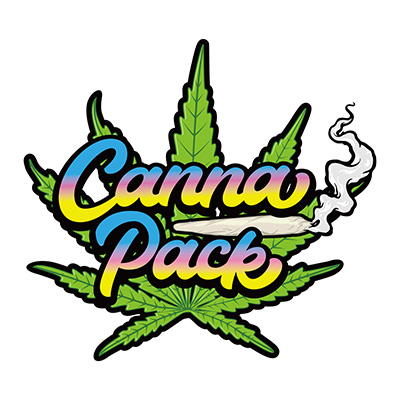CBD
CBD vs THC: What’s the Difference?
If you’re new to the world of CBD, you’re probably wondering if CBD is anything like THC. You also probably want to know what these letters stand for! While both of these compounds can be found in plants, there are distinct differences between them, and we want to share those differences with you. Keep reading to learn more about CBD vs THC and the major differences between them.
What is CBD?
CBD is a compound that can be found in hemp and cannabis plants, and CBD stands for cannabidiol. CBD that is derived from hemp usually has small amounts of THC, whereas CBD extracted from cannabis has higher amounts of THC. Federally, CBD products are legal if they are derived from hemp and contain less than 0.3% of THC. Most CBD is derived from hemp.
What is THC?
THC stands for delta-9-tetrahydrocannabinol, and it is the main psychoactive compound in cannabis. This compound is known for making the brain release high amounts of dopamine, causing a euphoric state, also known as a “high.” THC is typically administered through smoking marijuana, but it can also be found in edibles, oil, and capsules. High concentrations of THC are derived from cannabis.
CBD vs THC: The Differences
While CBD and THC can come from the same plant and might have some similarities, these compounds have unique characteristics. Keep reading to learn more about CBD vs THC:
Psychoactive Effects
Both compounds have an effect on the endocannabinoid system in the human body. This system is responsible for regulating several functions and processes, including sleep and mood. These compounds affect different receptors in the brain, which is why they create different responses. THC creates euphoria and gives people that “high” feeling, whereas CBD doesn’t create a “high” sensation.
Potential Benefits
CBD and THC have potential benefits, and many of them are the same. However, since THC causes the euphoric feeling, and the fact that it isn’t legal in several states, many people opt to use CBD since it won’t create that “high” sensation. CBD is used to help with:
- Anxiety
- Depression
- Seizures
- Inflammation
- Pain
THC may be used to help with:
- Glaucoma
- Pain
- Muscle spasms
- Insomnia
- Low appetite
Potential Side Effects
Based on research, CBD and THC are considered generally safe. The use of these compounds result in few side effects. In many cases, side effects are caused by an interaction of medications. Before you add any supplements to your daily routine, consult your physician. Some of the potential side effects of CBD may include:
- Appetite changes
- Fatigue
- Weight loss
- Dizziness
- Diarrhea
Side effects from THC may include:
- Increased heart rate
- Dry mouth
- Red eyes
- Slower reaction times
- Anxiety
The legality of CBD and THC
Another factor you must take into consideration when it comes to CBD and THC is legality. As of now, marijuana and THC are not legal under federal law because they are included in the U.S. Controlled Substances Act. Some states have policies that allow medical marijuana and products containing THC to be prescribed by a doctor. Some states also have allowed the recreational use of marijuana and products containing THC. Other states still follow federal law and consider marijuana illegal.
CBD, in certain forms, is legal in most states, but each state has its own stipulations. Hemp-derived CBD with less than 0.3% of THC is legal federally, but each state may have its own regulations. Since the laws and regulations are constantly changing, you should check the laws in your state before using products with CBD.

